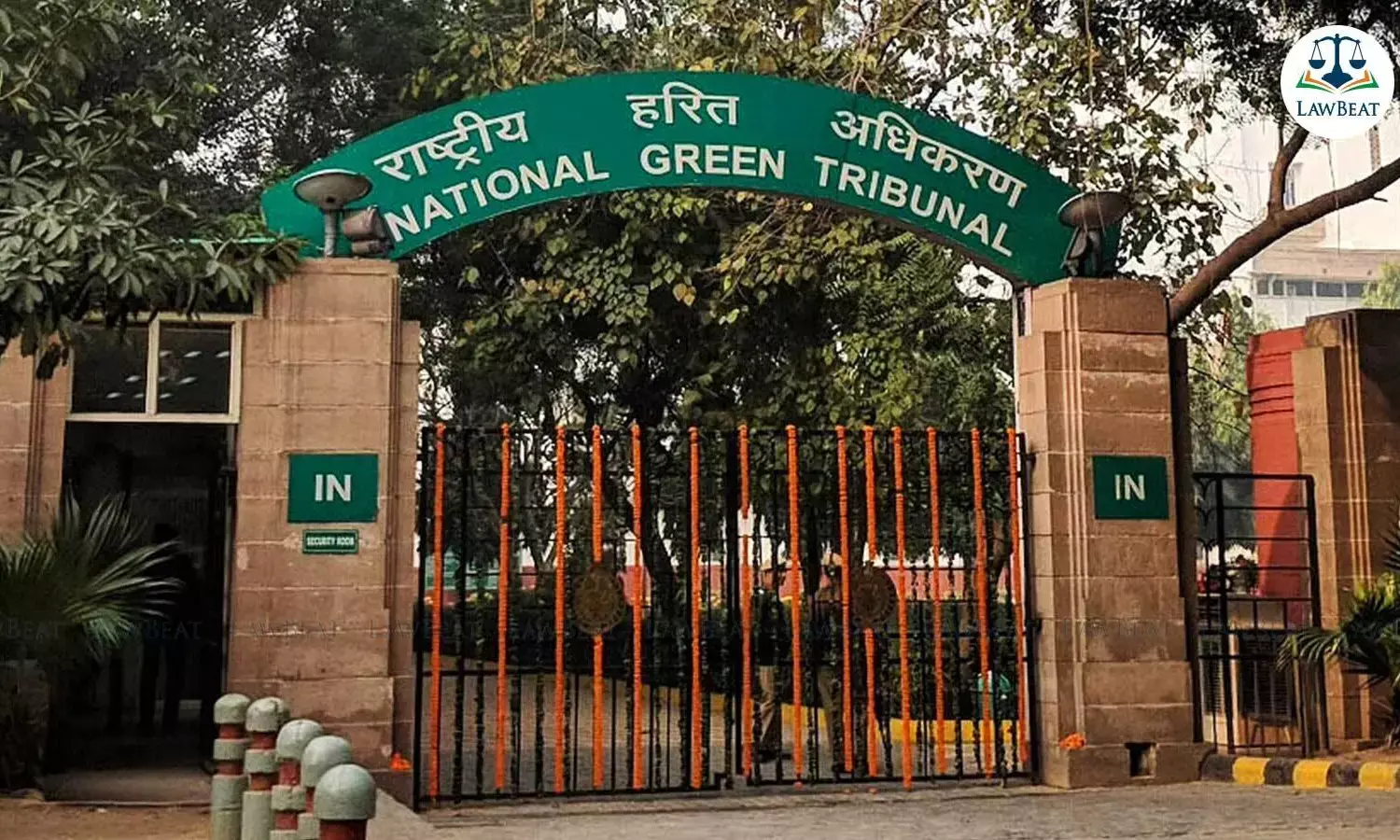NGT Orders Review of UV Disinfection at Delhi STPs, Seeks IIT Delhi Report on Effectiveness

The National Green Tribunal (NGT) has examined the functioning of Sewage Treatment Plants (STPs) managed by the Delhi Jal Board (DJB) along the Yamuna, following concerns raised in an application based on a news item titled “Why 75% of Delhi’s STPs aren’t ready to tackle Yamuna stink” published in February 2024.
The Tribunal noted that DJB has installed ultraviolet (UV) and chlorination-based disinfection systems at various STPs but expressed concern over their compliance with prescribed discharge standards and the absence of any established norms permitting UV technology for such treatment.
The DJB, in its latest status report dated August 20, 2025, submitted a list of 37 STPs located along the Yamuna, detailing their disinfection systems.
While several plants have installed UV or chlorination systems and reported them as operational, a number of facilities are either awaiting installation or in the process of upgradation.
The Tribunal observed that the report does not disclose any standards prescribed by a competent authority for the adoption of UV technology in STPs. On an earlier date, the Central Pollution Control Board (CPCB) clarified that it had only prescribed effluent quality standards but not the specific technology to be used for achieving those standards.
The Tribunal further noted that while manuals of sewage treatment technologies issued by the CPHEEO (MoUHA) mention options such as UV and ozonation, their actual efficacy for meeting discharge norms remains unverified.
To address this issue, the NGT has directed the Indian Institute of Technology (IIT) Delhi to examine the feasibility and effectiveness of UV technology in the context of sewage disinfection.
The institute is required to assess whether UV disinfection is capable of reducing fecal coliform levels in treated sewage to meet prescribed norms. The report should include details on UV wavelength, intensity, exposure time, and the distance required for effective disinfection in a liquid matrix.
IIT Delhi has been asked to submit its report within eight weeks, and a copy of the order is to be forwarded to its Director for compliance.
In addition, the Delhi Pollution Control Committee (DPCC) filed a report dated August 19, 2025, indicating that during analysis of STPs for the month of July 2025, only 23 out of 37 operational plants met the standards prescribed by DPCC.
Fourteen STPs were found non-compliant, including with respect to fecal coliform levels. Taking note of this disclosure, the Tribunal has directed DPCC to ensure both remedial measures and punitive action against the non-compliant STPs.
The DPCC must submit an action-taken report within eight weeks.
The matter is listed for further hearing on November 11, 2025.
Case Title: “Why 75 % of Delhi’s STPs aren’t ready to tackle Yamuna stink” appearing in The Times of India dated 19.02.2024, Original Application No. 183/2024
Date of Order: August 22, 2025
Bench: Justice Prakash Shrivastava (Chairperson), Dr. A. Senthil Vel (Expert Member), Mr. Ishwar Singh (Expert Member), Dr. Prashant Gargava (Expert Member)
